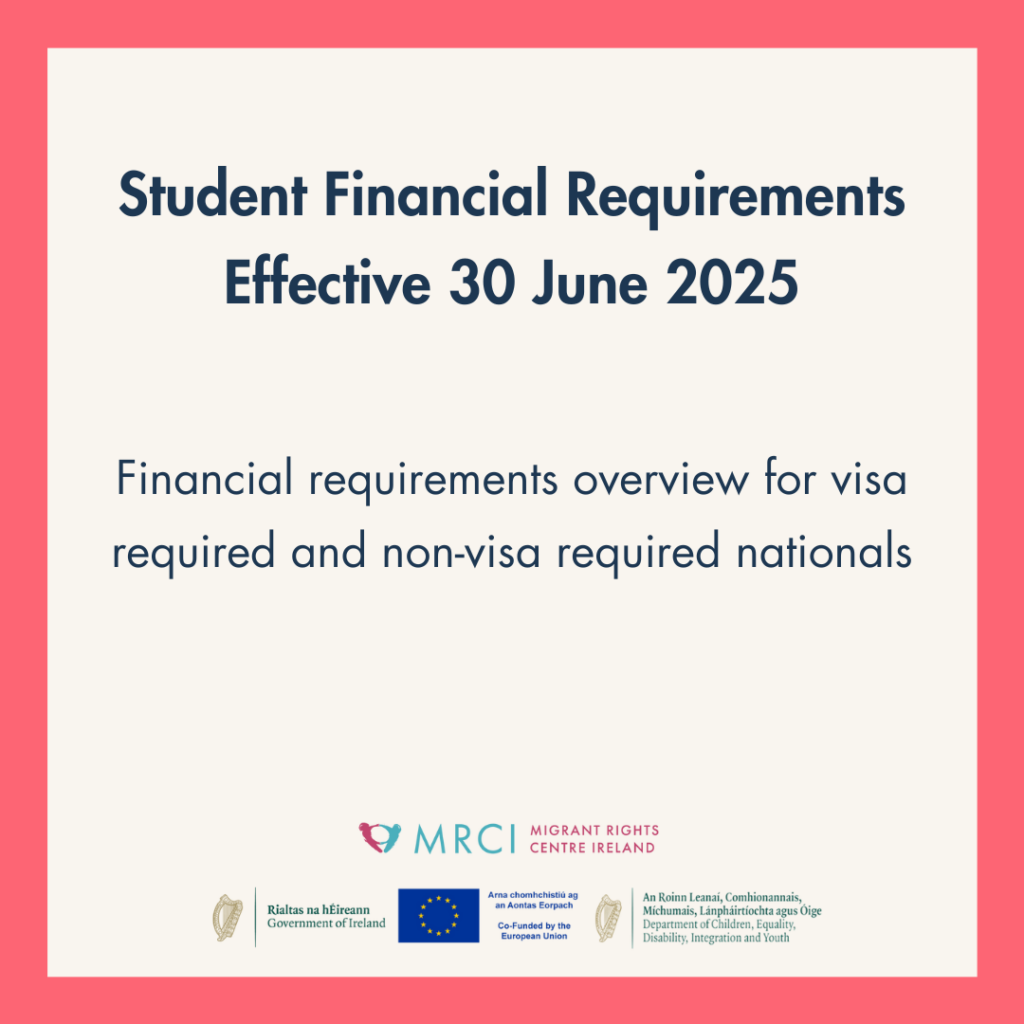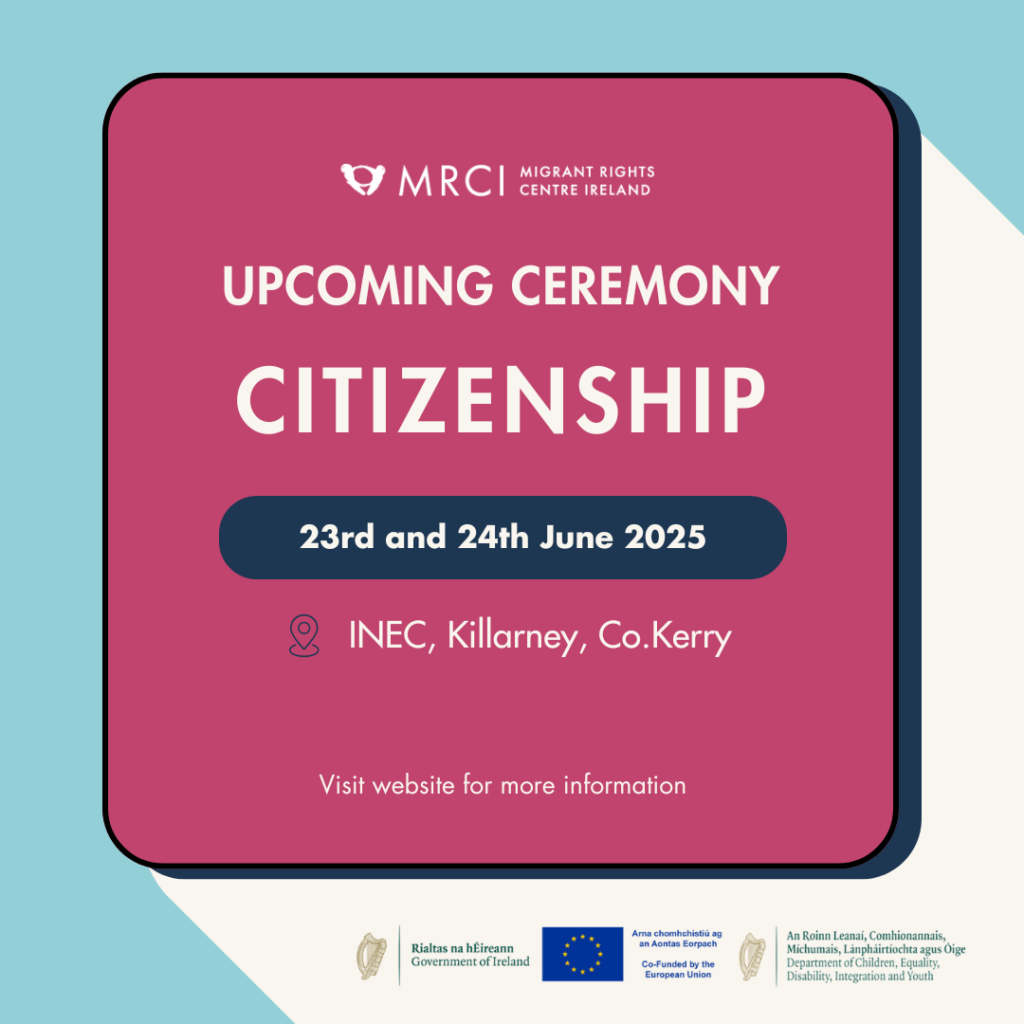
Following an announcement made in March 2025, new financial requirements for students will come into effect from 30…
Vidyashree Nagaraju25 June 2025



Click on the topics below to find answers to some of the questions we’re asked most often. This is intended as a tool to help you fight for your rights in work and migration, and remember – you can always contact us directly for free and confidential advice and support.